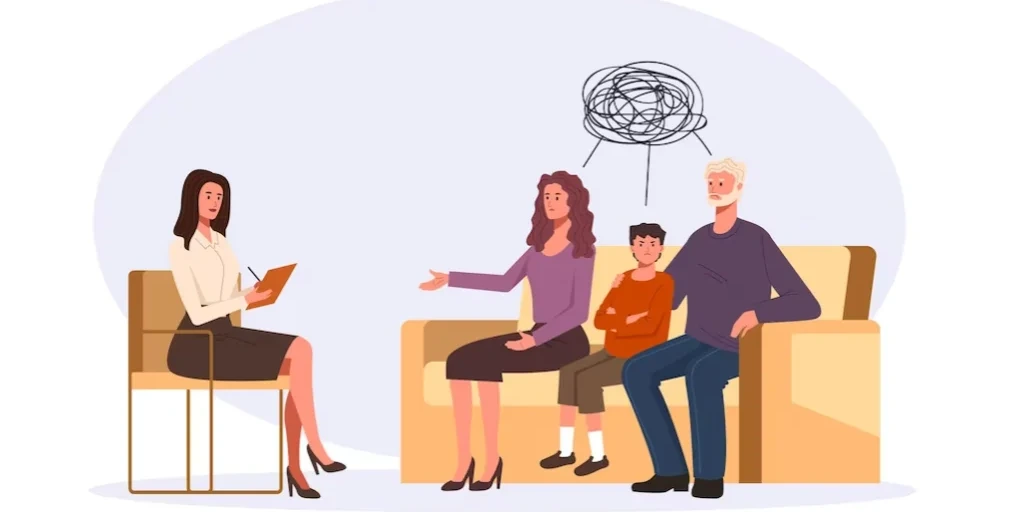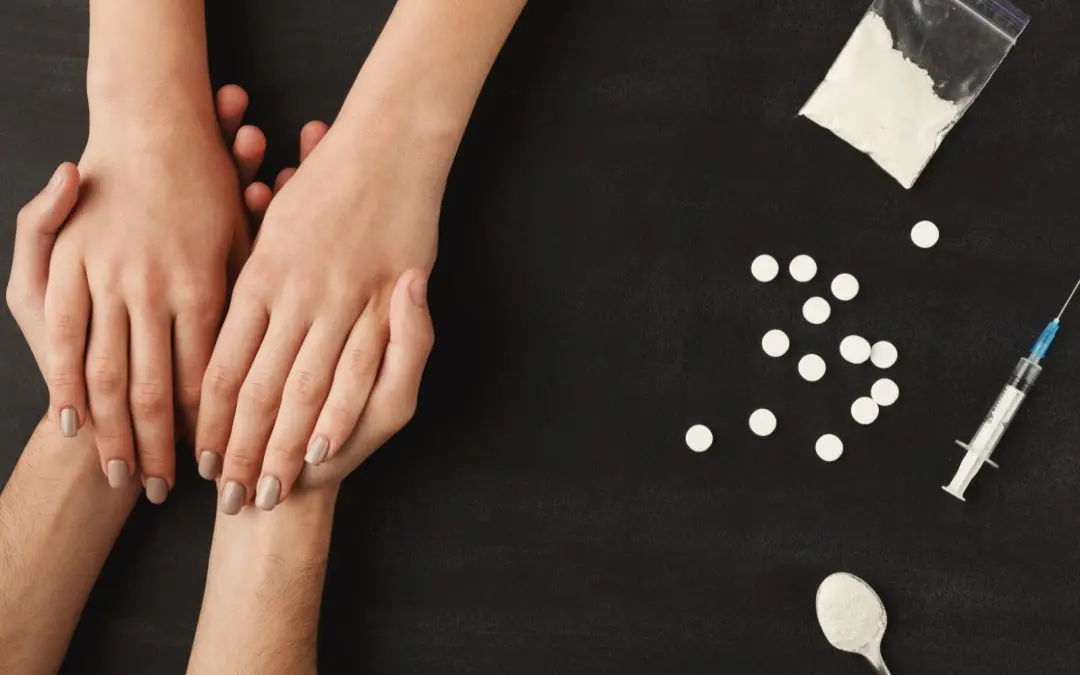24/7 Helpline:
(866) 899-221924/7 Helpline:
(866) 899-2219
Learn more about Inpatient Rehab centers in Dowagiac
Inpatient Rehab in Other Cities

Other Insurance Options

Horizon Healthcare Service

Cigna

Kaiser Permanente

American Behavioral

Highmark

Access to Recovery (ATR) Voucher

Humana

Choice Care Network

Lucent

BlueCross

EmblemHealth

Premera

Holman Group

ComPsych

Coventry Health Care

Aetna

CareSource

Optum

Excellus

Regence






Woodlands Behavioral Healthcare Network
Woodlands Behavioral Healthcare Network works with individuals, families, and the community to inspi...





















































































